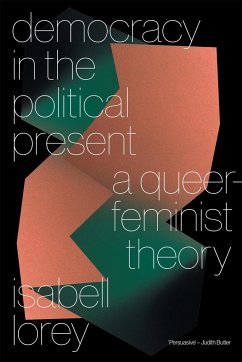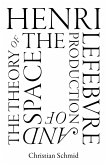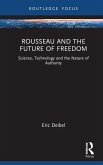This book is an assembly - a collection of voices from Germany and Spain, Italy, England, France and every country - a colourful and strong intersection of proposals in search for a (transnational and non-identitarian) democracy of the multitude and of difference, of truth and the joy of life. Antonio Negri, co-author of Empire
Bitte wählen Sie Ihr Anliegen aus.
Rechnungen
Retourenschein anfordern
Bestellstatus
Storno








